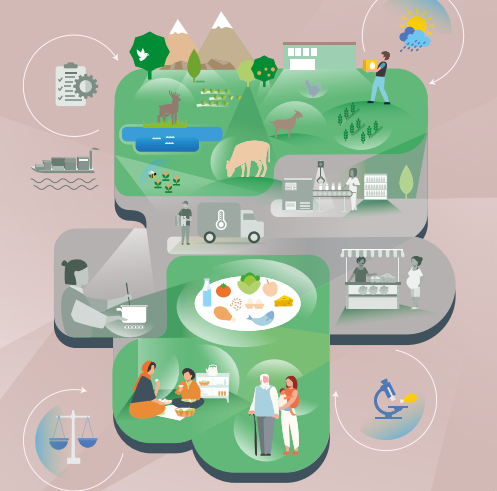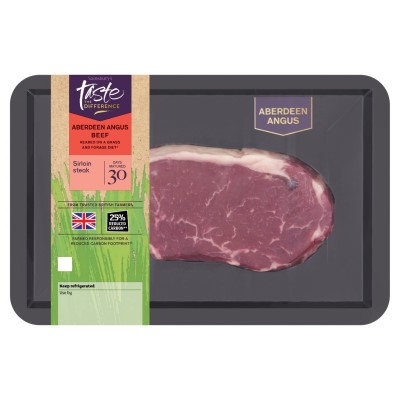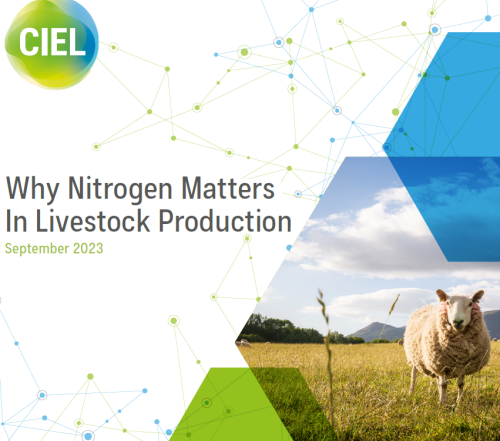CIEL | News: Livestock products are an essential nutrient source – new FAO report
A new report issued in April by the Food and Agriculture Organization of the United Nations (FAO) recommends that governments promote the benefits of sourcing food from land-based animals and highlights the role of animal source foods in achieving the nutrition targets
At the same time, the livestock sector “must contribute to addressing a range of challenges,” writes FAO Deputy Director-General Maria Helena Semedo and Chief Economist Máximo Torero Cullen in a foreword to the report.
The comprehensive study, entitled Contribution of terrestrial animal source food to healthy diets for improved nutrition and health outcomes analyses the benefits and risks of consuming animal source foods using data and evidence from scientific papers and policy documents.
Meat, eggs and milk provide a range of important macro- and micro-nutrients such as:
- High-quality protein
- Essential fatty-acids
- Iron
- Calcium
- Zinc
- Selenium,
- Vitamin B12
- Choline
- Bioactive compounds (such as carnitine, creatine & taurine)
These are difficult to obtain from plant-based foods in the required quality and quantity and are required by humans for health and developmental functions but are especially important during key life stages.
Role in achieving Sustainable Development Goals
As part of an appropriate diet, animal source foods can help with meeting nutrition targets endorsed by the World Health Assembly and Sustainable Development Goals (SDGs) related to reducing stunting, wasting among children under five years of age, low birthweight, anaemia, obesity and non-communicable diseases (NCDs) in adults.
Risks – Report Findings
The report also highlights the health risks associated with the consumption of processed red meat. However, consuming unprocessed red meat in moderate amounts has minimal risk and is considered safe with regard to chronic disease outcomes.
The evidence of any links between milk, eggs and poultry consumption in healthy adults for diseases such as coronary heart disease, strokes and hypertension is inconclusive (for milk) or non-significant (for eggs and poultry).
The FAO’s Committee on Agriculture Sub-Committee on Livestock has encouraged governments to update national dietary guidelines to consider how meat, eggs and milk can contribute to specific nutrient requirements during the different life courses of humans.








